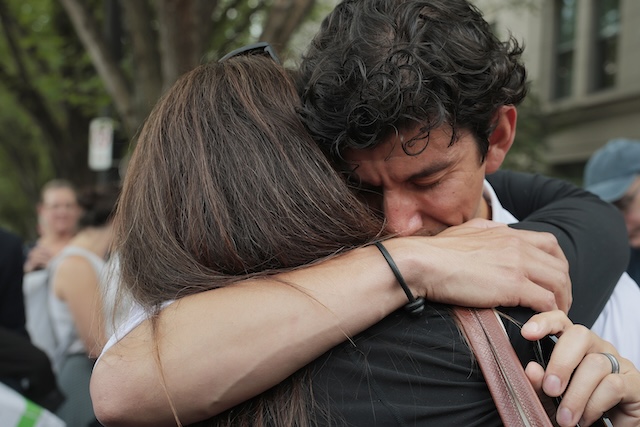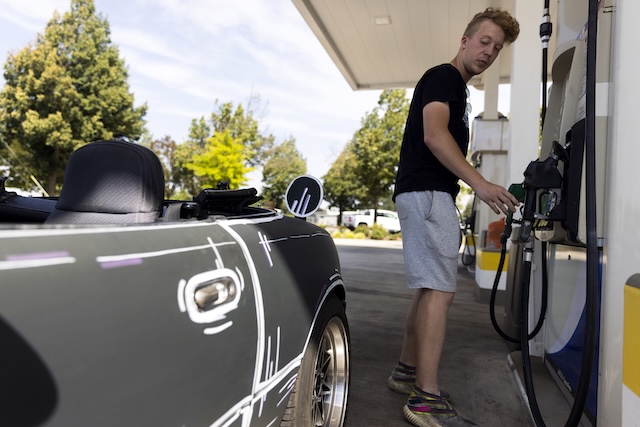Misplaced anger
Published 5:00 am Tuesday, August 10, 2010
Oregonians have many reasons to be angry these days, but the University of Oregon’s John E. Jaqua Center for Student Athletes isn’t one of them.
Nonetheless, the 37,000-square-foot academic center has been generating resentment since it opened in January. Much of the facility is open only to athletes. The structure itself is, well, ostentatious. And building the thing, as The Oregonian reported Friday, consumed a staggering amount of money. Including fees, permits, design, furniture, equipment and so on, the Jaqua Center cost nearly $42 million, or roughly $1,100 per square foot.
Trending
Cue the outrage.
“Forty million dollars buys a lot of new faculty, reduced class sizes, better facilities for the rest of campus,” fumed UO Senate President Nathan Tublitz, who considers it “a travesty to spend so much money for the benefit of such a small subset of students who already receive enormous perks.”
We would be thumping the outrage drum right beside Tublitz and other critics but for one little detail: The project was paid for entirely by U of O alumnus and Nike co-founder Phil Knight. In an ideal world, Knight — who has donated millions to endow faculty positions, expand the law school and so on — would pour more of his fortune into the university’s academic infrastructure, even if that meant spending less on sports-related projects. But it’s his money, and nobody should be shocked that sports occupy a prominent place in his philanthropic legacy, just as they have in his career. The guy didn’t make his billions selling slide rules. He built a sporting-goods empire.
We suppose the university could reject Knight’s generosity in the pursuit of some ideal. But that would be silly. All of us might wish he’d spend his fortune a little differently, but the university is undeniably better off with the projects he funds than without them.
Rather than complaining about the generosity of a successful Oregonian, critics of the Jaqua center would be better off asking what state policymakers are doing — or not doing — to produce the next Phil Knight.








